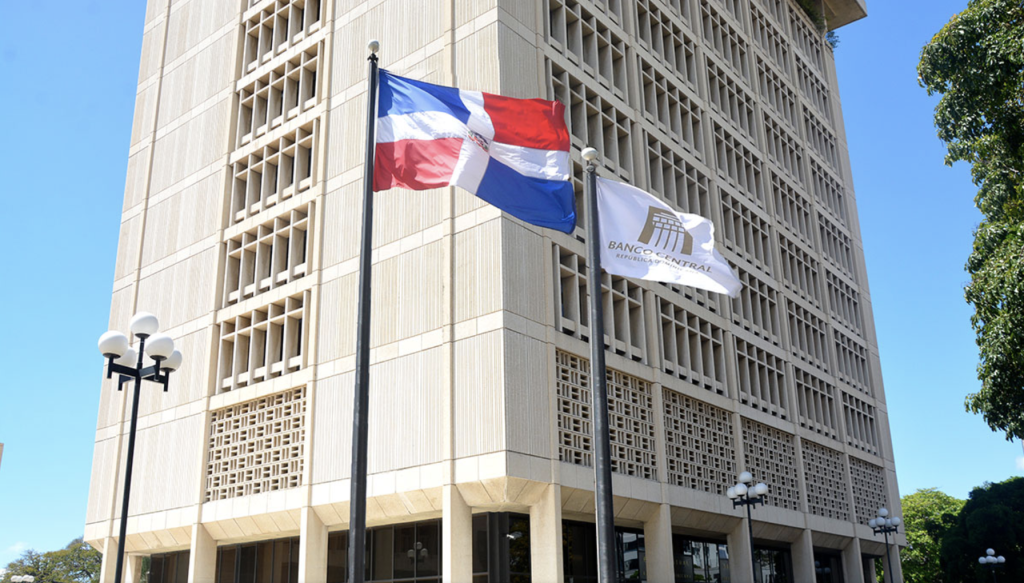
On 11 September 2025, the Monetary Board unveiled new regulations aimed at overhauling the country’s foreign exchange framework and cracking down at speculation. The government has said there is no reason for the unusual spread in selling and buying prices of the foreign currency given the steady flow of hard currency generated by remittances, free trade zone operations and tourism receipts.
The Foreign Exchange Regulation was revised to require exchange transactions of more than US$10,000 or EUR100,000 to be registered. The Central Bank has also been granted authority to impose sanctions, including ban on carrying out transactions, on those who fail to comply with the new rules.
Among the key changes, the Monetary Board raised capital requirements for entities operating as foreign exchange intermediaries. Institutions will also be subject to stricter reserve obligations and tighter limits on their net foreign currency positions.
In addition to financial criteria, the updated regulation introduces a code of conduct for market participants, outlining expected standards of behavior. The reforms are part of a broader effort to strengthen oversight and ensure stability in the foreign exchange market.
The Monetary Board explained the measures have three main objectives:
• Promoting transparency and reporting: The new regulations will integrate a wider range of participants, including exchange intermediaries and other financial institutions, into the Central Bank’s electronic foreign exchange trading platform. This means that all foreign exchange transactions exceeding $10,000 USD or EUR must now be reported to the Central Bank in real time. This will give the Central Bank greater visibility into market operations, including prices and volumes, aligning with principles of efficiency and transparency.
• Establishing fair market conduct: The board has established new rules of conduct for all participants, requiring them to act in the best interest of their clients. This includes ensuring fair and transparent pricing, rapid execution of orders, and avoiding significant deviations from the market reference rate. These guidelines are consistent with international best practices, such as the Global Foreign Exchange Code.
• Strengthening oversight and capital requirements: The new rules also grant the Central Bank authority to suspend or sanction any authorized participant that violates the regulations, particularly those who fail to adhere to the new standards for exchange rate margins or reporting. In addition, the Monetary Board has increased the capital requirements for exchange intermediaries and mandated additional capital reserves based on their operational volume. This is intended to create a more resilient and secure foreign exchange market.
The changes build on a series of prudential measures already adopted in March 2025 to mitigate foreign exchange and credit risk amid global uncertainty. These earlier measures included a reduction in the net foreign currency position limit to 25% of capital and a decrease in the weekly increase limit from US$10 million to US$5 million.
Read more:
Central Bank
Diario Libre
Diario Libre
Diario Libre
15 September 2025

